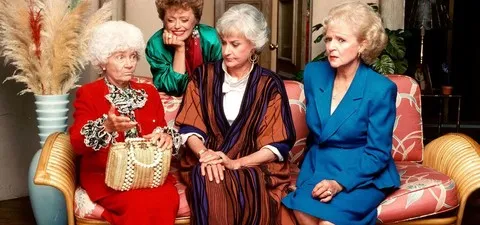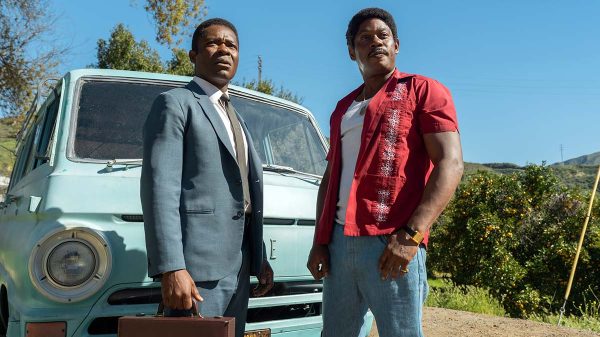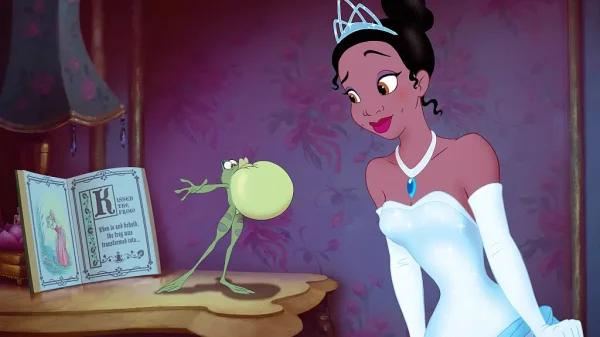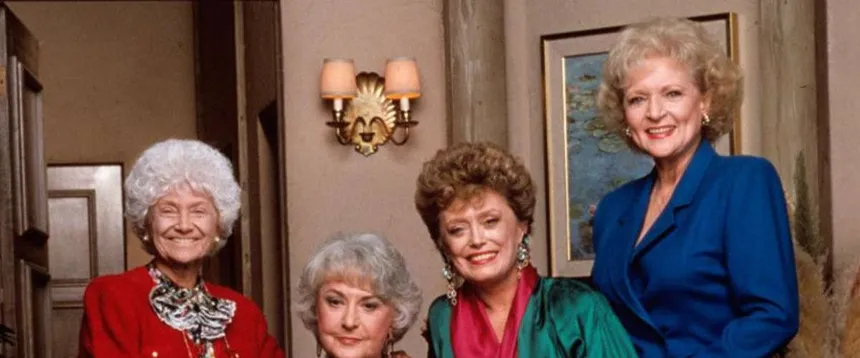The Golden Girls, a pioneering sitcom that aired from 1985 to 1992, has left an indelible mark on television history. By expertly blending witty humor, well-crafted characters, and daring exploration of sensitive topics, the show has become a timeless classic that continues to resonate with audiences today. The show’s ability to connect with its audience, take risks with its material, and impart valuable life lessons while delivering laughter has been key to its enduring appeal.
At the heart of the show were the four central characters, each bringing their unique personality and perspective to the table. Dorothy, with her playful sarcasm, was a perceptive woman with high standards, while Sophia, sharp-tongued and wise, drew from her rich history. Rose, sweet and naive, often found herself in humorous predicaments, and Blanche, a Southern belle with a penchant for men, exuded strong self-awareness. These characters were masterfully brought to life, making them relatable and endearing to audiences.

A Still From The Golden Girls (Photo: The Golden Girls)
The show tackled a range of sensitive topics, including teenage pregnancy, immigration, homelessness, homosexuality, ageism, and the treatment of the aging population. By portraying these issues, the show provided a platform for discussion and education, shedding light on the complexities of these topics. For instance, the show addressed homelessness by illustrating that ageism and societal treatment of the elderly can lead to homelessness. It also tackled the AIDS epidemic, featuring a storyline in which Rose discovers she may have been infected with HIV through a blood transfusion.
The Golden Girls was also a trailblazer in featuring openly gay characters and addressing issues related to LGBTQ+ individuals. The show’s portrayal of gay characters was groundbreaking, showcasing that gay people were not just stereotypes, but real individuals with their own stories and struggles. The show’s handling of LGBTQ+ issues was praised for being realistic and educational, providing a platform for discussion and acceptance.
While the show was not without its flaws, its impact on television and society is still celebrated today. The show’s legacy continues to inspire and influence contemporary television, with its bold tackling of sensitive topics, relatable characters, and commitment to education and discussion. Despite sometimes relying on stereotypes and cultural tropes, the show’s progressive wisdom and timeless laughter continue to make it a beloved classic.
























